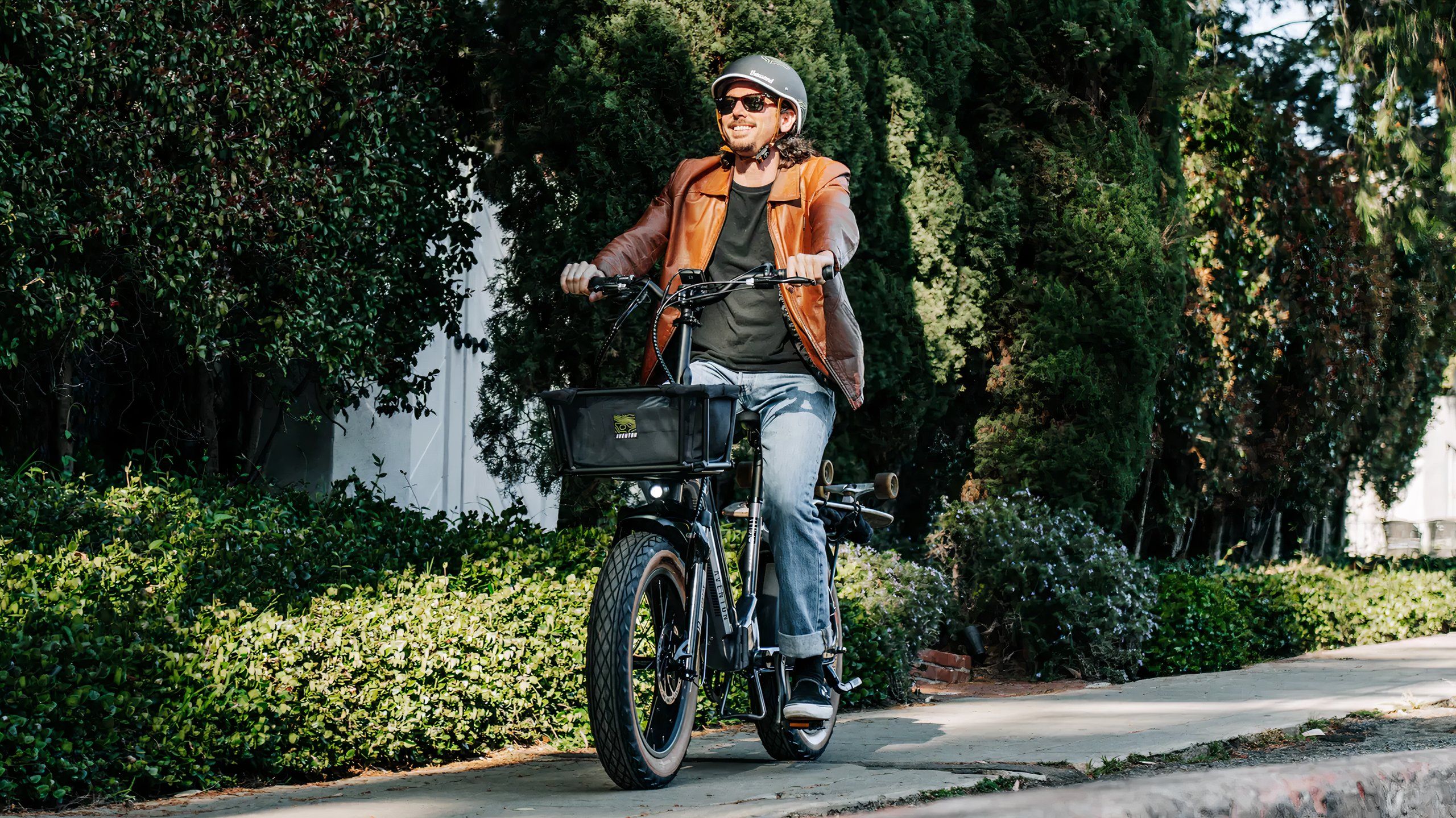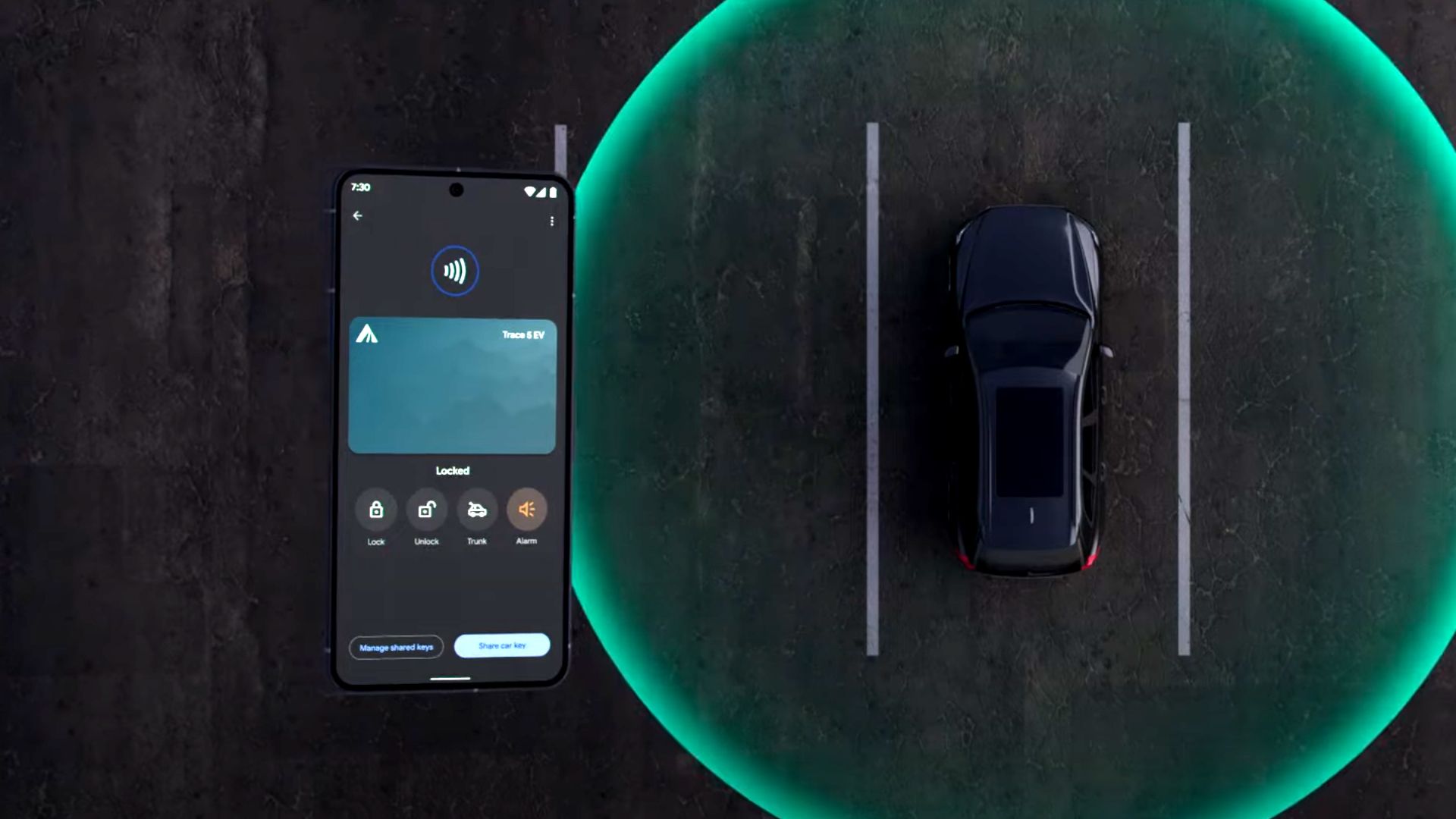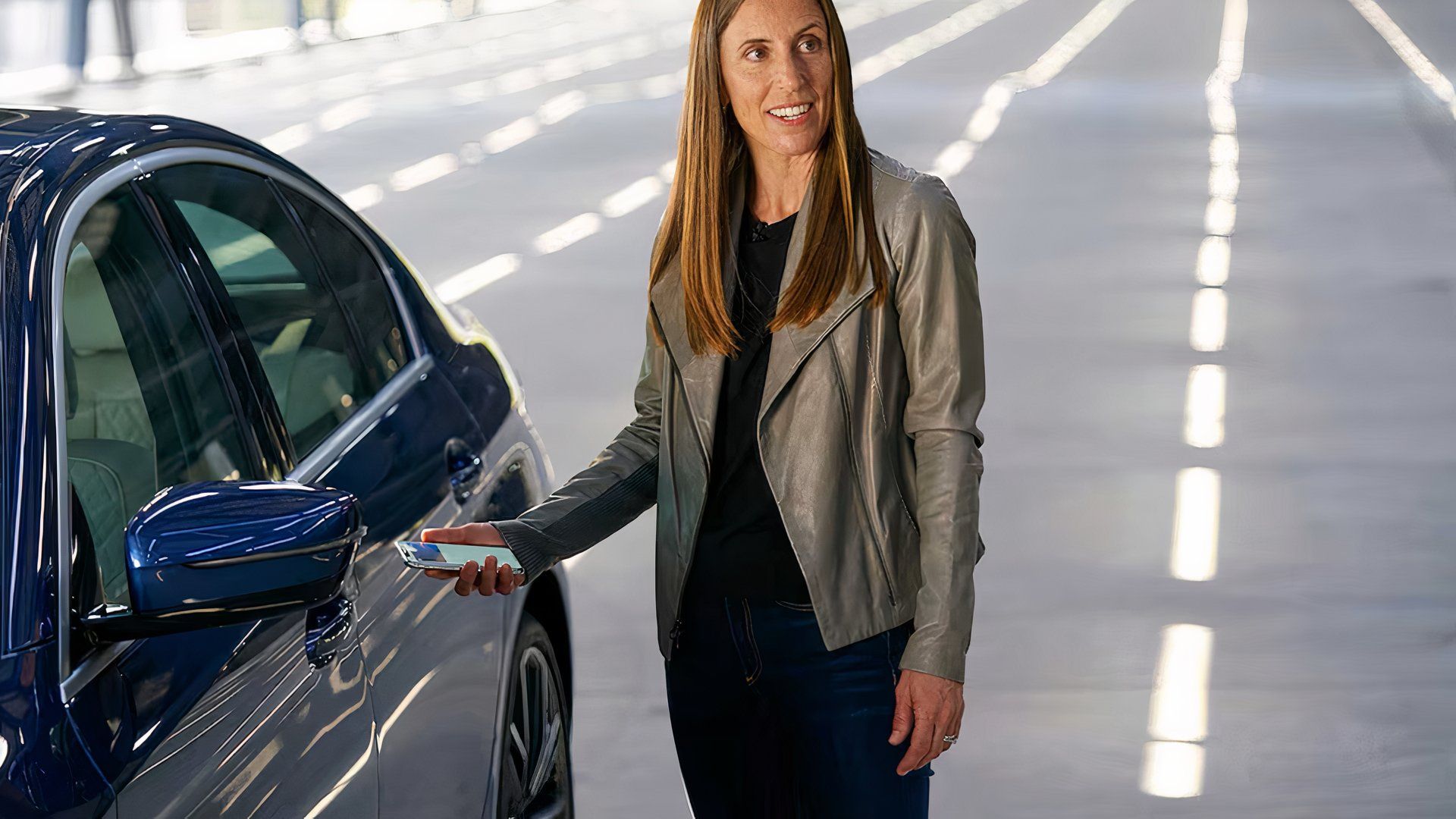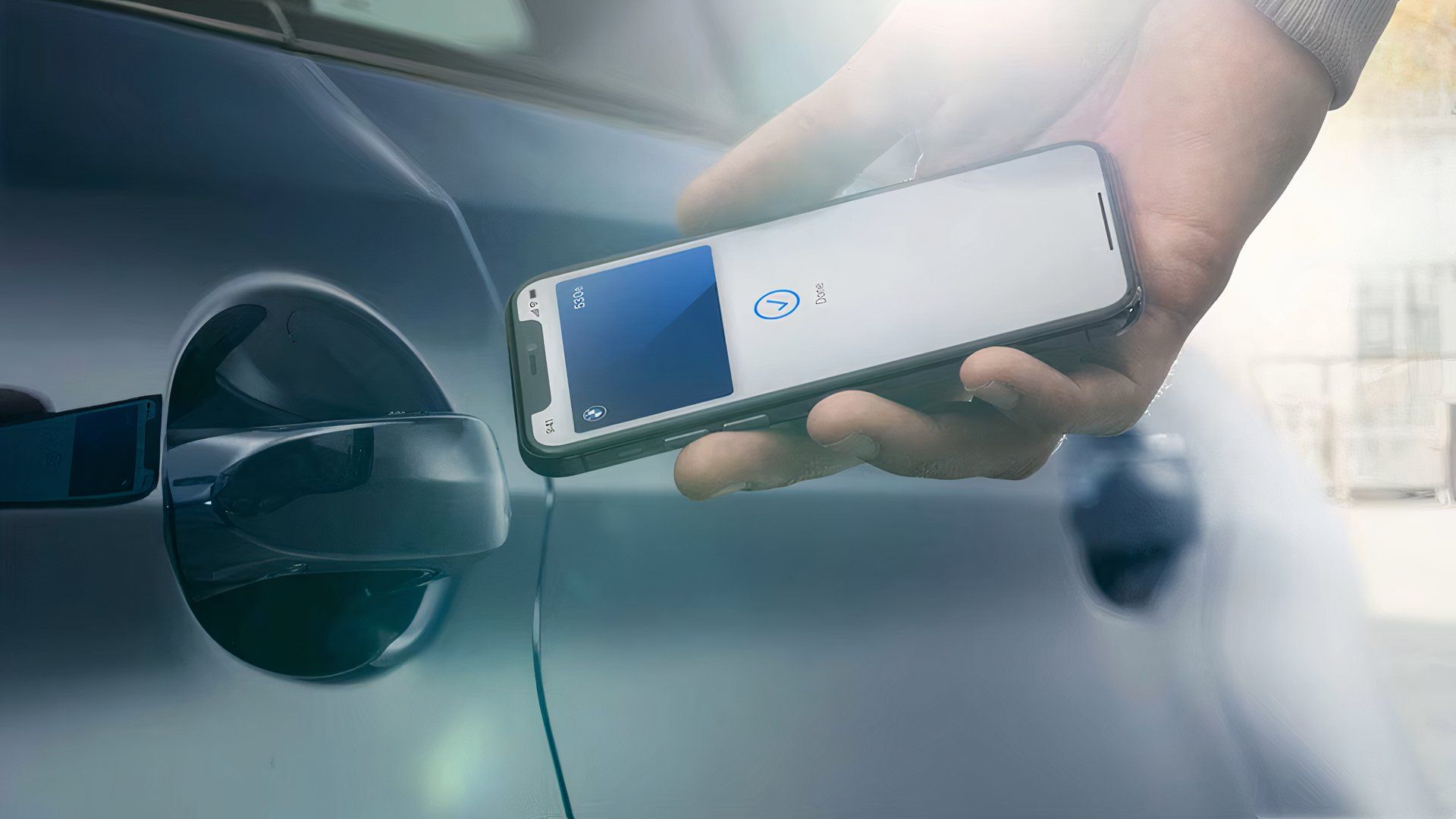Key Takeaways
- Digital car keys are struggling to become the standard due to high costs and limited consumer demand for luxury tech features.
- Automakers fear security vulnerabilities and struggle with complex protocols dictated by tech giants like Apple and Google.
- Despite current challenges, widespread adoption of digital car keys is likely by 2030, driven by competition and evolving technology.
Our vehicles are increasingly connected to smartphones, which won’t be a shock to anyone who has been shopping for a new car lately, or even a used car, since we’re far enough along that even models a decade old may be compatible with Apple CarPlay. Automakers usually provide apps with manuals and other vital data, and there would be significant complaints if a vehicle didn’t ship with support for Bluetooth calls and music.
Somehow, digital car keys are still struggling to gain traction — no pun intended. You have to do some hunting to find cars that come with Android keys, and most of the models that support Apple’s car key are expensive options offered by BMW. Why aren’t digital keys the standard in 2024? I don’t know for sure, but there are some likely explanations.
What are digital car keys?
Digital car keys
allow you to unlock and start your vehicle using your smartphone or smartwatch. They use NFC for close interactions and UWB for secure, precise distance measurements.
Digital car key economics: Costs and consumer impact
Advanced features and software integration challenges
Digital car keys frequently require installing NFC readers in door handles and/or ignition systems, plus implementing new software support for the pairing process. That means spending more on parts and development, and automakers are always going to foist those costs onto consumers unless they’re necessary to draw in shoppers. That’s why you’re more likely to see the tech on expensive models and trims — people buying into luxury expect the latest tech, and in some cases, digital keys can be a way of upselling someone who’d otherwise choose something more affordable. The consequence, though, is that us average Joes and Janes have few if any compatible models to choose from.
“…People buying into luxury expect the latest tech, and in some cases, digital keys can be a way of upselling someone who’d otherwise choose something more affordable.
The sexiest digital key tech is dubbed “passive entry,” which lets you automatically lock, unlock, or even start your car simply by having a paired device in proximity. For this, automakers need to install ultra-wideband (UWB) receivers, but the target market may be limited — relatively few phones and watches are equipped with UWB if they’re not flagship products from Apple, Google, or Samsung. It could be that we’ll see wider digital key support as UWB becomes omnipresent on phones and a clearer selling point for cars.
The software side of things shouldn’t be underplayed. While the details are unknown to those of us outside the industry, there’s undoubtedly a lot of work in updating mobile apps and dashboard systems, and automakers are notoriously resistant to spending on software. Just look at how inferior many dashboard interfaces remain next to CarPlay and Android Auto. It’s telling that Tesla and Rivian, which pride themselves on their software, were relatively quick to implement their own digital keys.
Security concerns with digital car keys
Technological hurdles and consumer trust
BMW
While digital car keys may actually be more secure than fobs, there are still issues at play. Systems that involve Bluetooth can be vulnerable to relay attacks, as demonstrated by the UK’s NCC Group a few years ago. Similarly, around the same time, another researcher was able to remotely access dozens of Teslas by exploiting bugs in an open-source logging tool used by some owners, as TechCrunch notes. Automakers might be taking a slow approach because they’re concerned about security — the last thing they want is liability for a wave of thefts.
It’s also possible that protocols are giving automakers headaches. There’s a complex flow involved in generating, sharing, and authenticating keys, often dictated by Apple or Google rather than by the automakers’ preferences. There may be some flexibility in the pairing process, but there’s no way around the need for heavy encryption to defend against hackers.
It’s conceivable that some shoppers are wary of digital keys. By now, we’re all scared of having our phones and computers hacked, never mind our cars, which could stop us from getting to work or picking up our child from school. I doubt this is a widespread worry, thankfully — car theft has been a problem for over a century, often involving simpler and more violent tactics than breaking encryption.
By now, we’re all scared of having our phones and computers hacked, never mind our cars, which could stop us from getting to work or picking up our child from school.
Is there hope for digital car keys?
Awaiting the trigger point
BMW
I’d bet on it. While adoption has been glacial so far, high-tech car features do tend to reach the masses eventually. The first vehicle with CarPlay, for example, was the Ferrari FF, something unattainable even for many wealthy shoppers. Within a few years, the feature had already made its way to brands like Ford, Kia, and Volkswagen. The reason is competition — although I’m no arch-capitalist, I know that automakers are always looking for a value-add that gives them an edge, like any tech business.
We may be waiting for a trigger point, a combination of manufacturing and development costs leveling out and automakers deciding that digital keys are the next logical step for “normal” cars, rather than just luxury models and trims. It’s hard to say when we might reach that point, but I’d be surprised if digital keys weren’t universal by 2030.
I’d be surprised if digital keys weren’t universal by 2030.

Related
What you need to know before buying an e-bike
Don’t just buy the cheapest e-bike you can find — you can do better.
Trending Products








